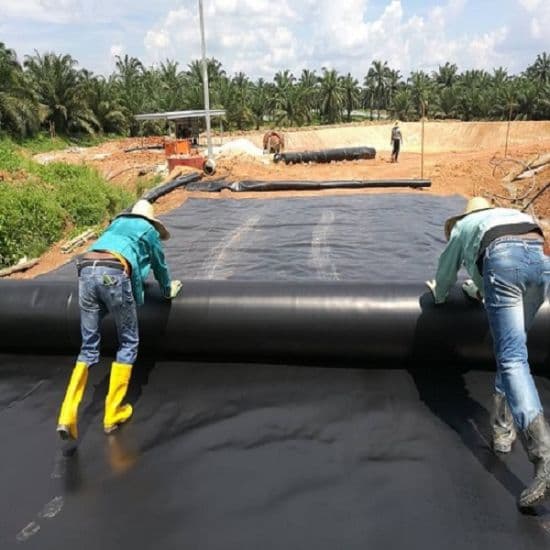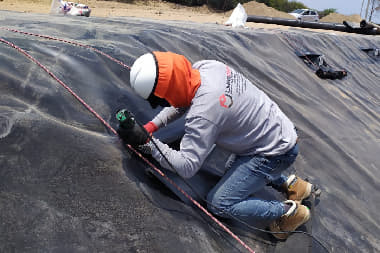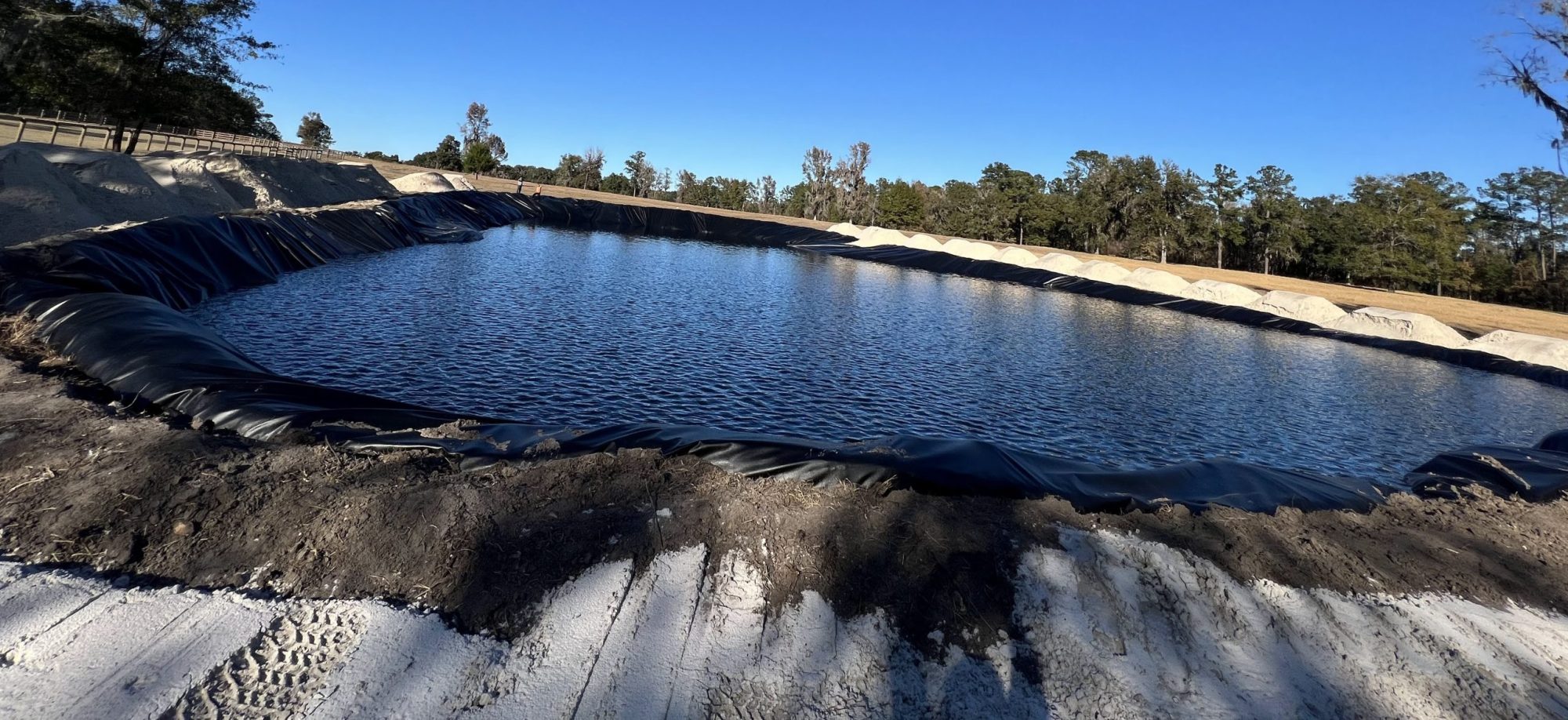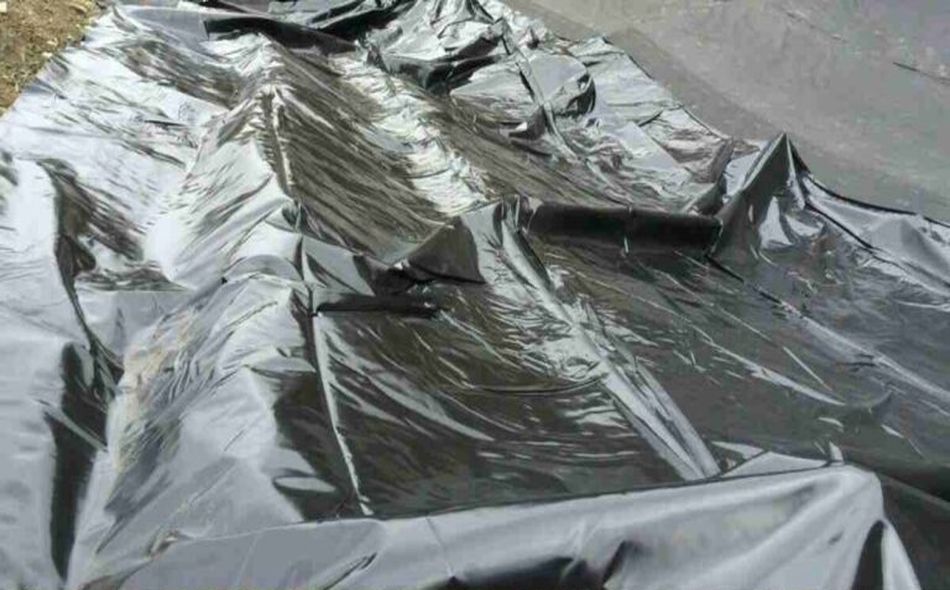We are increasingly aware of the importance of water when it comes to ensuring proper management, from its capture to its storage. The main problem derived from water treatment is due to problems with filtration. In the case of landfills, the leachates that are generated (industrial waste, slurry, etc.) can contaminate the groundwater, hence the importance of adequately waterproofing the slopes.
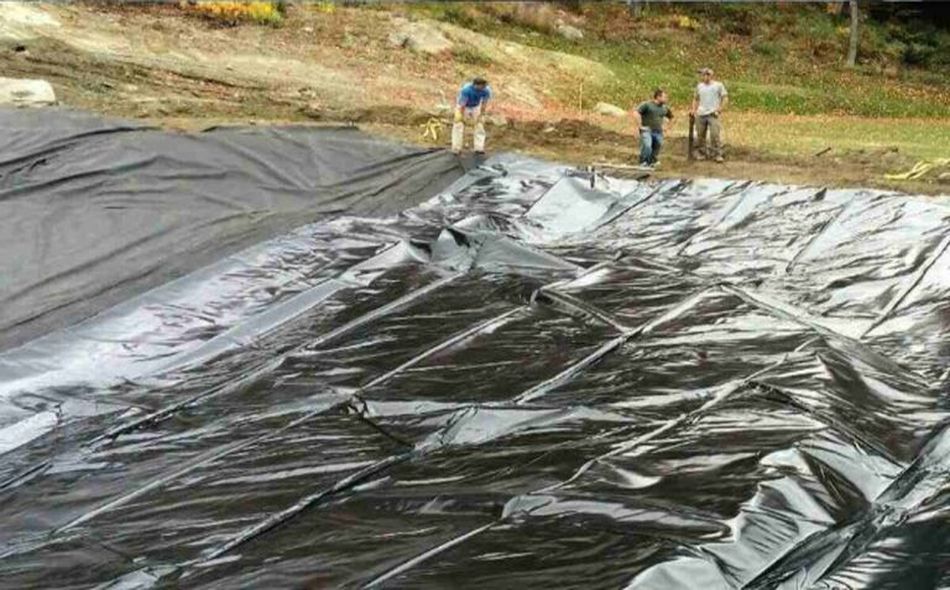
To ensure a correct waterproofing of the slope, the recommended material is HDRPE geomembrane for different reasons such as health, mechanical and chemical resistance, comfort and reliability during installation and its cost is affordable. It is a high-density reinforce polyethylene sheet of HDRPE focused on waterproofing reservoirs and landfills.
Next we will explain in this post the first phase when installing the HDPE geomembrane on roofs:
SUBSTRATE PREPARATION
The support indicates the waterproofing system to be used. Depending on how we prepare the support, it will influence the life of the waterproofing system.
These are the characteristics that a reservoir or spillway must present for its correct waterproofing
-
Regular and uniform: the support material must be the same, with continuous granulometry and the absence of large sizes that can cause punctures. Otherwise, the best solution for the support must be studied, such as placing a protective geotextile or geocomposite to ensure the integrity of the waterproofing system.
-
Compact: it is achieved, reaching the energetic compaction of 95% Proctor of the soil used, both at the bottom of the basin and on the slopes

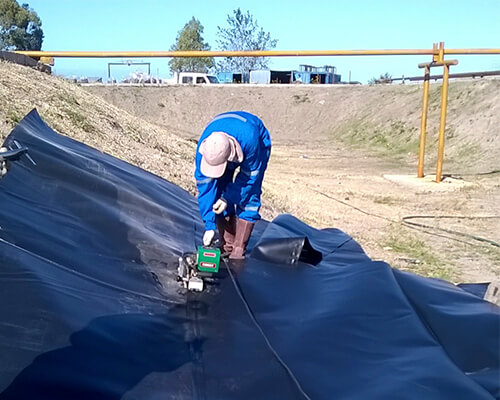
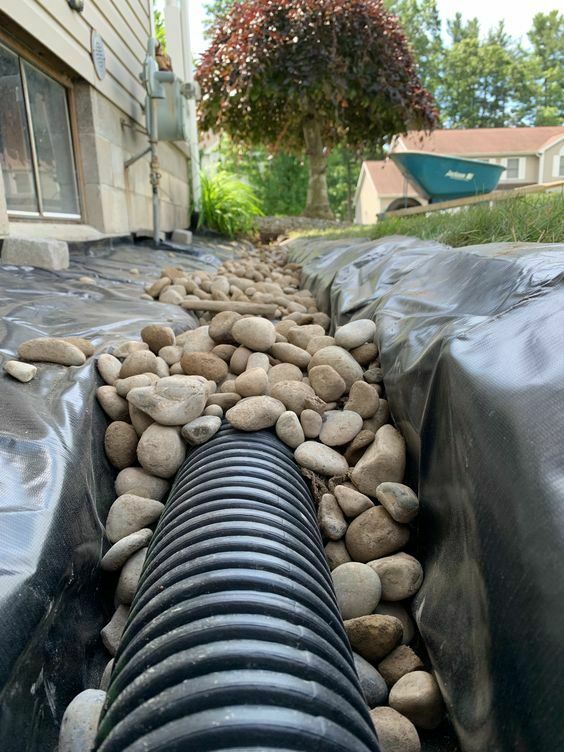
HDRPE GEOMEMBRANE PROPERTIES
The geomembrane will be made of high-density polyethylene that is homogeneous throughout its thickness. This material is the basis of the waterproofing system, so the choice and implementation must be carefully selected. The thickness of the geomembrane depends on:
-
Substrate preparation (type of aggregate)
-
Membrane protection (geotextile type)
-
Type of waste (for landfills)
-
Total height of the landfill or reservoir water
HDPE GEOMEMBRANE PLACEMENT
The placement and extension of the geomembrane will be carried out continuously. In the same way, they will be installed on the slopes and at the base in a differentiated and independent way. The sheets, once presented, must be welded, ensuring that their temperature is the same in order to avoid tensions.
These are the steps for its placement:
-
Extension and numbering of the panels
-
If necessary, provisional anchoring of the same
-
Welding and numbering
-
Checking the welds
-
Definitive anchorage
